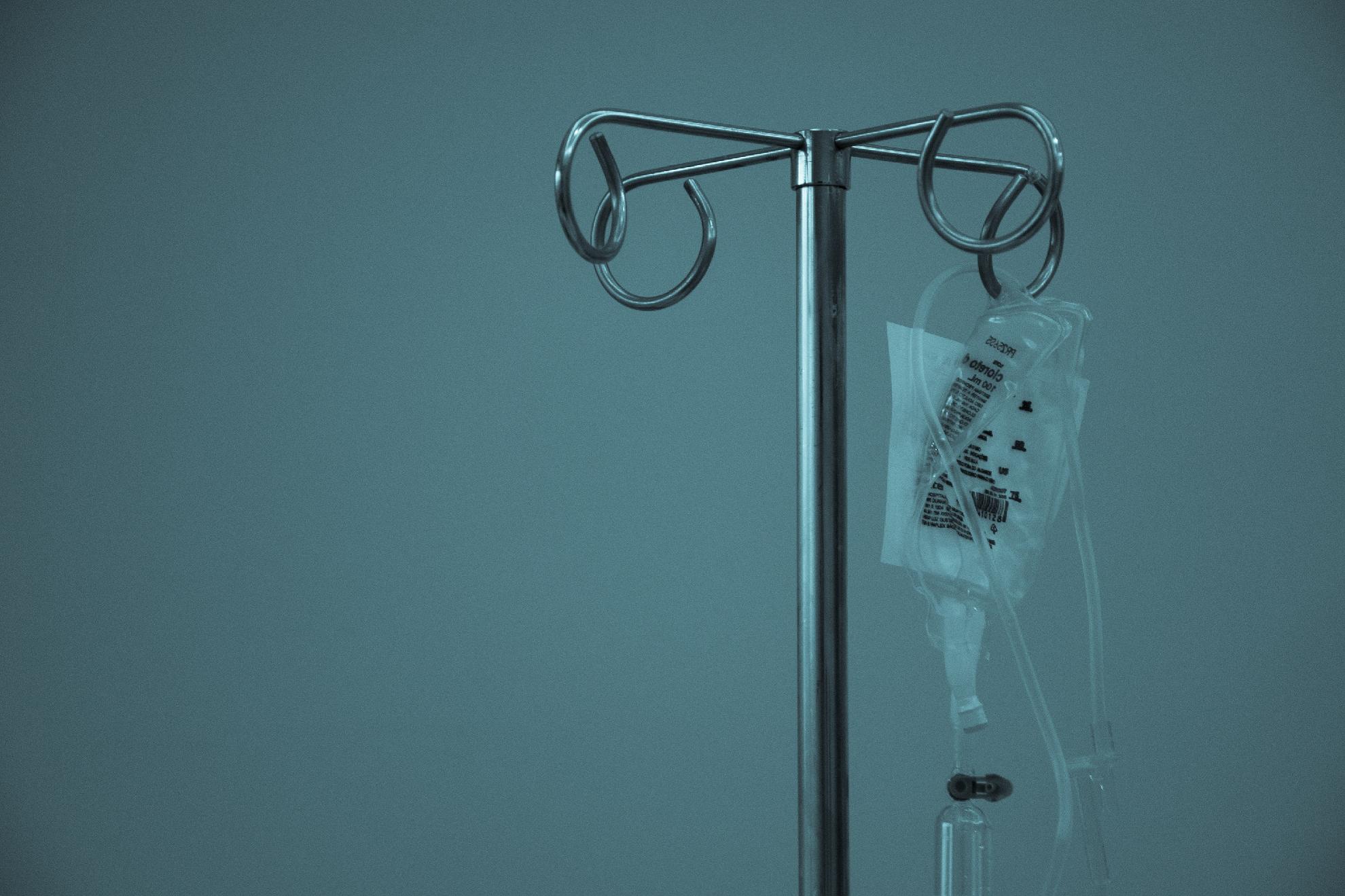Healthcare in Colombia
Public healthcare in Colombia
The healthcare system in Colombia has gone through considerable reforms and now strives to offer both public and private medical service plans for all its citizens. The year 1991 marked the constitutional event that make health and social security became rights in Colombia. The ambitious goal of these mandates was to increase insurance coverage and make sure all citizens are entitled for a basic package of services. Since then, the quality, coverage, and access to medical care in Colombia has significantly improved.
Health insurance is compulsory and all residents in Colombia must be registered with a health service provider. Insurance is provided by both public and private companies, which raises the competition and boosts a higher standard of service.
Private healthcare in Colombia
Colombia offers a modern private healthcare system, concentrated in the major cities. International residents can buy health insurance from various local or international companies. The private healthcare in Colombia is attracting an increasing number of medical tourists, especially from the US, who are keen on the low prices and high quality of care.
Private insurance companies thrive in the market in both the contributive and the subsidized regimes within contracted limits. The subsidized system is financed by the general taxes collected by the national government and transferred to the municipalities. All companies must offer the same package of services set by the Ministry of Health but will compete in terms of quality and efficiency of their service.
When an employee travels on a business trip for their employer, it is likely that a corporate healthcare plan is applied. If traveling independently, expats are advised to consider buying private insurance to top-up the services available on the public system.
Even if internationals pay into national healthcare plan in Colombia, they are advised to take out medical insurance. The reason is that most health conditions can be dealt with at one of the many hospitals or clinics, but in the case of long-term or chronic illness, it is wise to have the extra cover as a backup plan in case special care is required.
Prepaid health insurance
Another healthcare insurance in Colombia is Prepaid or Medicina Prepagada. This is a high-end health insurance system provided by private organizations. Depending on the service offered, the costs vary on these policies. By law, once you are granted a visa, you are entitled to participate in the EPS system, but there is no legislative requirement in which an insurer must accept you as a client in the prepaid system. If you qualify, you might be required to have both EPS and prepaid by some companies. In such case, you should obtain them from the same insurer. Note that if you are over 60 of age, no insurance companies in Colombia will register you into the prepaid program.
Alike to the EPS, the Medicina Prepagada program also require a co-payment which will vary depending on the company and the service. While Comfenalco company is ahead of the curve, at Sura and Coomeva, you can only pick one of the two options: 1. EPS or 2. Medicina Prepagada.
Pharmacies in Colombia
There are many pharmacies in cities and towns across the country. Many of them, especially the large pharmacy chains, operate seven days a week. Some are even open 24 hours a day in large cities, such as Bogota or Medellin. A noticeable convenience is the home delivery service offered by many pharmacies.
Medication is available over the counter at relatively low costs in comparison to the US and Europe. Certain medicines under restrictions and antibiotics are not available in all pharmacies. Some drugs that are easily accessible in other countries and may be so in Colombia. Therefore, it is advisable to obtain details about this type of medication to make sure an equivalent drug can be found when necessary.

Emergency services in Colombia
Every clinic or hospital must provide immediate medical care to anyone who requires emergency medical needs in Colombia.
In case of emergency, dial the national emergency number (123) and be redirected to the appropriate channel. For English-speaking operators, it is best to contact the Colombian tourist police.
Health risks in Colombia
The tap water in major cities is generally safe to drink. However, many houses and apartments install small water filtration systems. Expats should not drink water from the tap outside of the major urban centers unless it has been boiled, sterilized, or filtered.
Expats should be vaccinated against yellow fever before arrival, but the only way to protect oneself against chikungunya and dengue fever is to prevent mosquito bites. It is recommended that you use insect repellent, make use of window or door screens, and wear long sleeves and pants when traveling to high-risk areas of the country.
Important note
If you are traveling and have health insurance, you should always have a copy of the policy with you. It is to good precaution to have a copy of your passport and policy with you at all times as there might be "surprises" along the way. You should also know what your policy entails well. If you have to make a call for approval of a service, you may need to have an international calling card because there are chances that the clinic or hospital may not have a long-distance connection or will let you call them. Bear in mind that travel insurance generally doesn't cover pre-existing conditions, which might not be disclosed to you at the moment of the purchase.
The cost of seeing a doctor is very affordable in general. An appointment with a participating doctor may cost around $35.00 USD and about $80.00 USD with a specialist. Either minor or major surgery is less costly here and generally, the care and service in major cities and clinics are excellent. Colombian medicine is highly effective, and many expats come to Colombia to receive quality healthcare. However, the Colombian system operates on the law of the market place, meaning a consultation with a renowned doctor in the private sector will cost much more than with a public doctor. What is also interesting about hospital scenes in Colombia is that nurses look like nurses as most still wear the signature little caps.
The great majority of hospitals and clinics in bigger cities in Colombia are private. There are no short-term coverages, rights or allowances here. If you do have a policy issued by an external insurer, you may be required to pay cash for the needed services. Most hospitals will accept credit cards in larger cities. In some cases, even if you have health insurance, you may have to pay in cash and make a claim with your personal insurance company at a later date.
Overall, the level of healthcare in Colombia's major centers is excellent. On other hand, outside of major cities, facilities can be very limited. There are an estimated 55,000 hospital beds in the country, among which 60% are public and 40% are private. The doctors are well-trained. Despite the increasing competency in English among doctors, there is still a mix of capabilities. The Colombian government is making a lot of efforts to improve the level of bilingual competency of the medical staff as well as the quality of the healthcare sector as a whole.
Premier Casa highly recommends you seek service from an international health insurance company that covers any expat, from any country, living in Colombia. If you have any other question, For all your real estate and rental needs when in Colombia please feel free to contact us.
